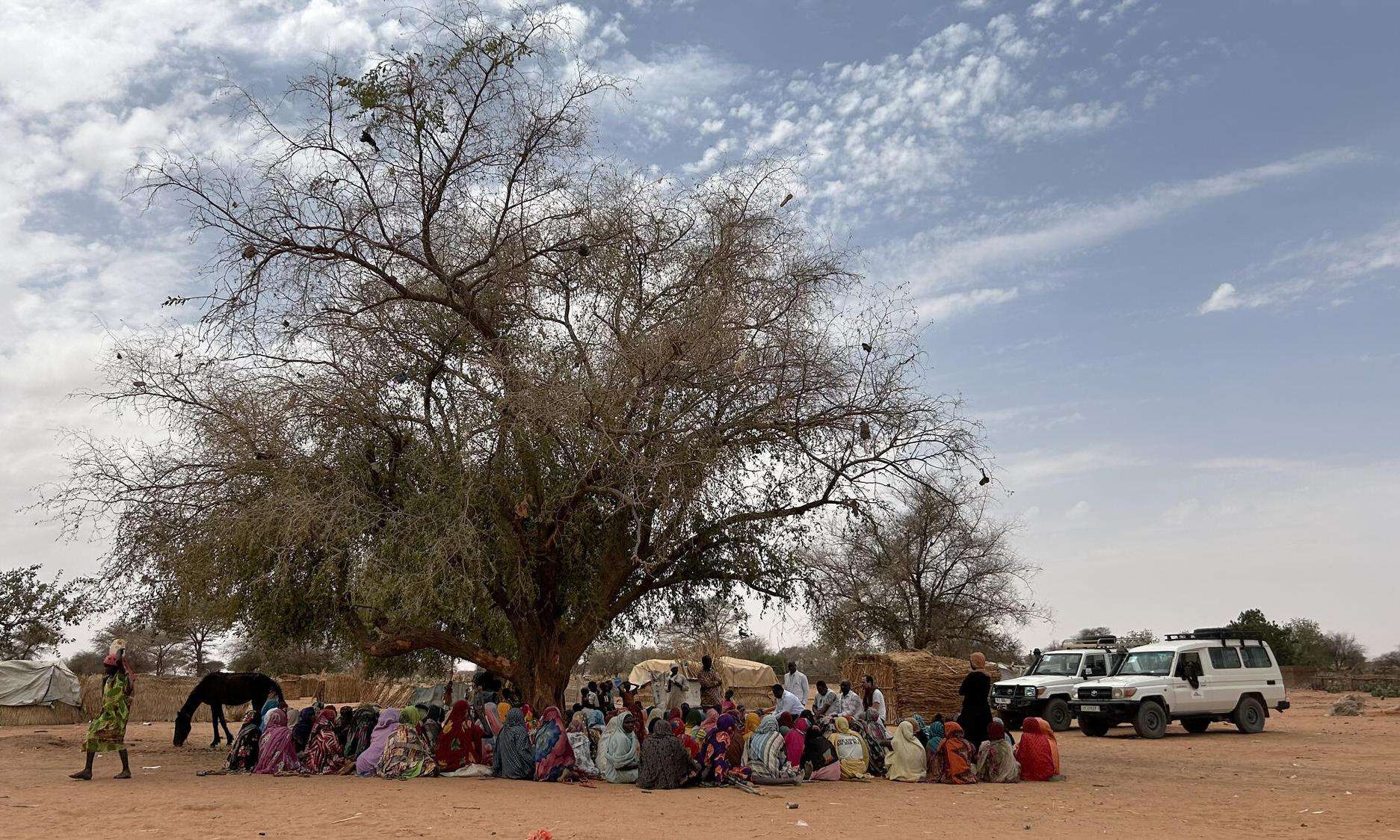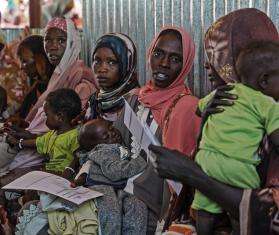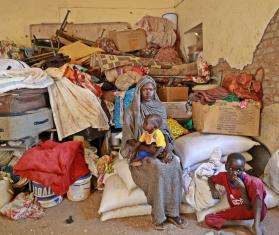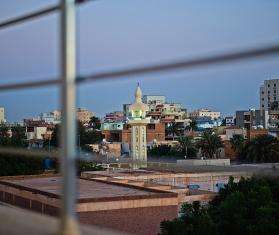Humanitarian access and freedom of movement for health care workers remain critical to scale up responses in Sudan and neighboring countries.
PARIS/NEW YORK, April 15, 2024 — A pledging conference in Paris, held to coincide with the one-year milestone of the conflict in Sudan, has raised pledges of 2 billion euros, or about $2.1 billion, which is gravely inadequate for the scale of the needs of those affected by the violence.
Claire Nicolet, MSF emergencies manager for Sudan, made the following statement:
“Today's conference in Paris has helped shine a spotlight on what has become a deeply neglected crisis, and although it is positive that so many countries have shown support, 2 billion euros is nowhere near enough to meet the vast and growing needs within Sudan and neighboring countries.
The UN appealed for $4.1 billion in total, so today’s outcome has fallen short. The pledges will likely help scale up the humanitarian response in areas under Sudanese Armed Forces control, but with the current blockade on the movement of supplies and personnel into areas under Rapid Support Forces control, it will mean that millions of people will remain without assistance.
Since October, we have been unable to bring supplies to our health facilities in Khartoum, and currently we have just 20 percent of our medical supplies left in the Turkish Hospital in the south of the city. There is an urgent need to bring in more supplies—already, we have run out of malaria treatment, and very sadly, children have died as a result.
This should not be happening. It is vital that humanitarian access is granted to all areas of Sudan so that the humanitarian response can be truly scaled up. In the areas where we work, we are often the only international humanitarian responder in the vicinity—and we know that there are many other areas in Sudan where no one is responding at all. As well as putting efforts toward increased funding, the UN must use its influence with the warring parties to negotiate access—and this must be across front lines and across borders. This is absolutely essential and is the only thing that will prevent further needless loss of life."




